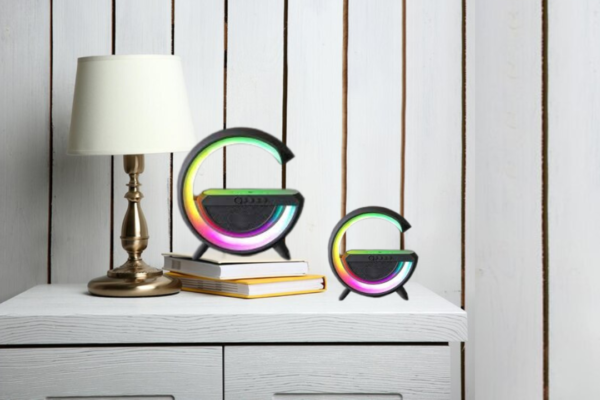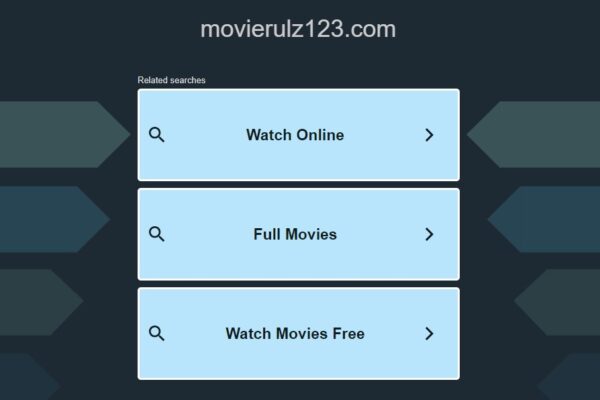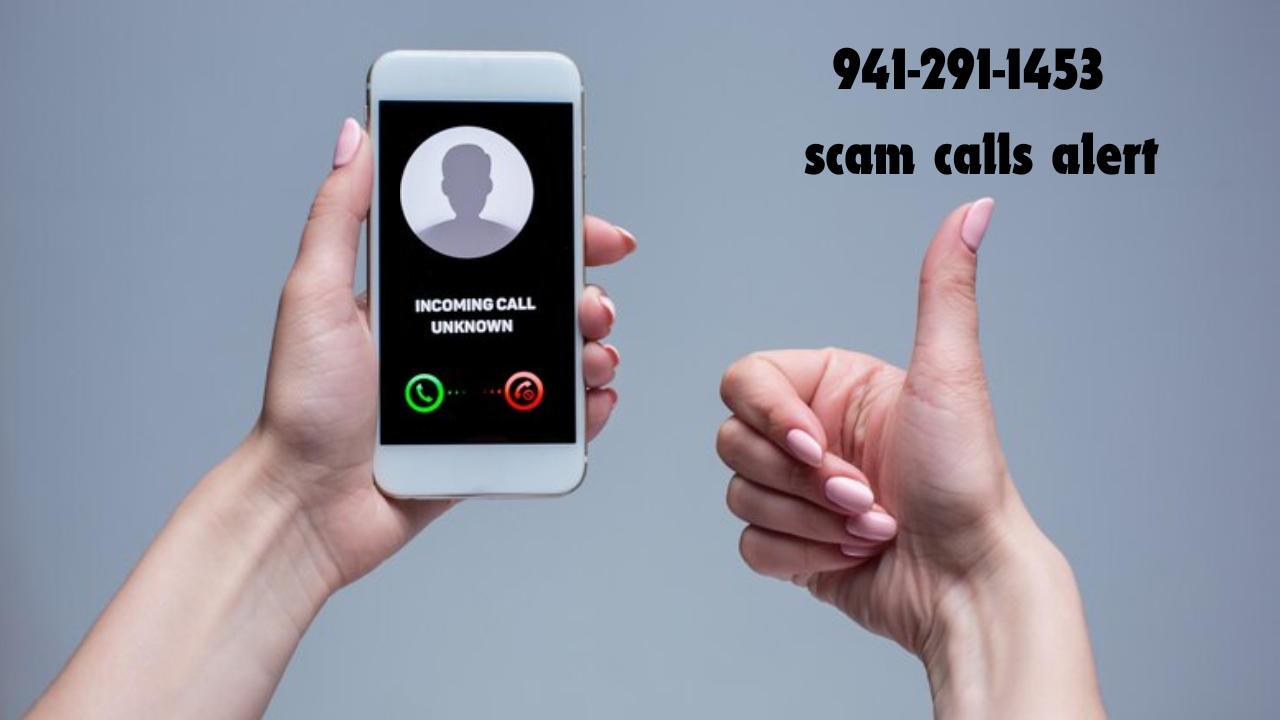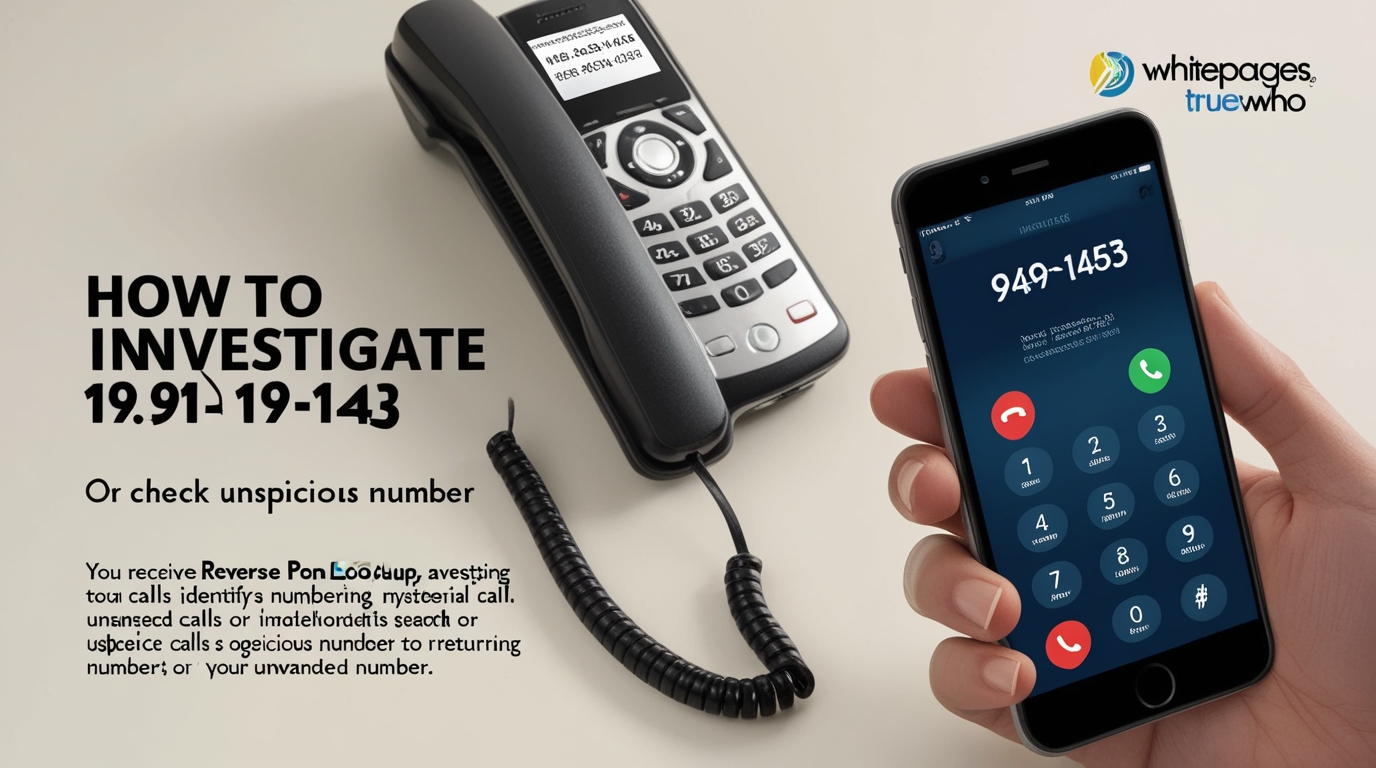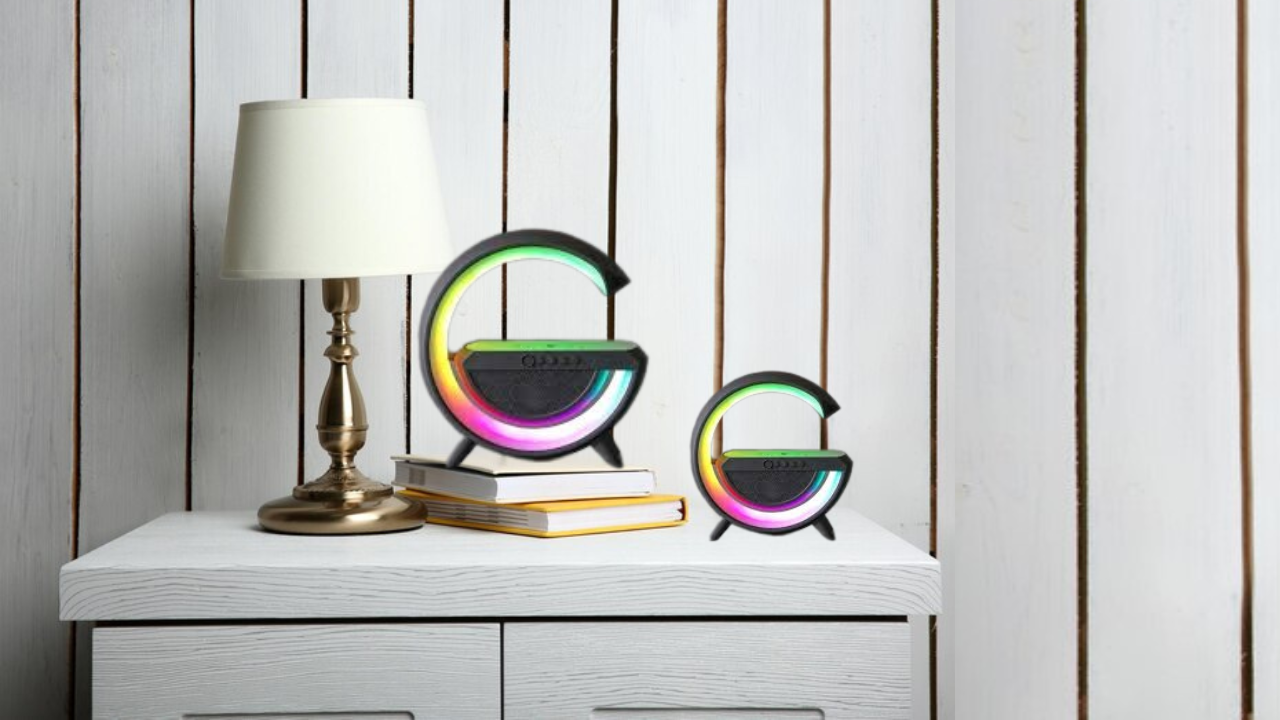In today’s hyper-connected world, receiving a phone call from an unfamiliar number can spark a wide range of reactions—curiosity, confusion, or even anxiety. Whether it’s a sales pitch, a scam, or simply a wrong number, dealing with unsolicited calls is something we all face at some point. One such number that has been reported by numerous individuals is 941-291-1453.
Is it just a random telemarketing number? Or something more sinister, like a scam or phishing attempt? This article will guide you through understanding the possible sources of this number, how to effectively identify the caller, and crucial steps to take in protecting your personal information from unwanted or suspicious calls.
Exploring the Origins of 941-291-1453: What Does It Represent?
The number 941-291-1453 is linked to the 941 area code, which covers parts of southwest Florida, including popular areas such as Sarasota, Bradenton, and Venice. While the geographic origin provides some context, it’s essential to remember that many phone numbers can be spoofed or manipulated, making it harder to determine the true caller.
Numbers like 941-291-1453 may appear legitimate because they use a local area code, but this technique is commonly used by telemarketers or scammers to increase the likelihood that the recipient will answer the phone. Understanding the potential origins of these calls is the first step in figuring out how to handle them.
Who Could Be Calling from 941-291-1453?
Phone calls from numbers such as 941-291-1453 can come from a variety of sources, some legitimate and some not. Here are the most common reasons why this number may be calling you:
Telemarketing and Cold Calls
Telemarketing companies frequently use automated systems to make thousands of calls every day, targeting individuals across a wide demographic. The number 941-291-1453 could be from a company trying to sell a product or service, ranging from insurance policies to home improvement services. These calls, though legal in some cases, can be intrusive and frustrating.
Robocalls and Scam Attempts
Robocalls, which use pre-recorded messages, are a growing concern globally. Scammers often mask their true identity using local area codes, such as 941, in hopes of tricking recipients into answering. The calls may be designed to lure victims into providing personal information or financial details under false pretenses. These types of calls are more dangerous and should be approached with caution.
Surveys and Political Campaigns
Occasionally, the number may belong to an organization conducting surveys or political polls. While these calls may not pose a direct threat, they can still be disruptive. It’s always best to verify the caller’s identity and purpose before engaging in any phone survey.
Debt Collection Agencies
If you owe money to creditors, collection agencies may be trying to reach you. However, they are required to provide identification and adhere to specific guidelines when contacting debtors. Always ensure that the caller provides sufficient details about the debt before continuing the conversation.
Spoofed Numbers
Phone number spoofing is when a caller deliberately falsifies the information transmitted to your caller ID. In this case, 941-291-1453 could be a spoofed number used by a scammer pretending to call from a local area to gain your trust. This practice is common in phishing schemes where the goal is to extract sensitive data from unsuspecting individuals.
How to Investigate 941-291-1453: Steps to Identify Suspicious Numbers
If you receive a call from 941-291-1453, it’s important to know how to investigate the number properly before answering or returning the call. Here are some effective methods to uncover the truth behind mysterious calls:
1. Use a Reverse Phone Lookup Tool
A reverse phone lookup service is one of the simplest ways to gather information about an unknown number. Websites such as Whitepages, Truecaller, or AnyWho allow you to enter a phone number and retrieve details about the caller, including name, location, and whether others have reported the number as suspicious. Some services are free, while others offer more in-depth reports for a fee.
2. Check Online User Reports and Forums
Many websites, including WhoCalledMe or 800Notes, allow users to report and discuss strange or unwanted calls. A quick search for 941-291-1453 in these forums may reveal if other people have encountered the same number and whether they identified it as a scam, telemarketing, or another type of unsolicited call. Such platforms are excellent for crowdsourcing information and learning from other people’s experiences.
3. Contact Your Phone Carrier for Support
If you’ve been receiving repeated calls from 941-291-1453 or other unwanted numbers, your phone service provider can often help. Many carriers offer free or paid services to block calls or identify suspicious numbers in real time. Some providers even allow you to block entire area codes or specific patterns of numbers to prevent spam calls from reaching you.
4. Utilize Call Blocking or Identification Apps
Call-blocking apps like Nomorobo, Hiya, or RoboKiller are excellent tools for managing spam calls. These apps use vast databases of known spam and scam numbers, automatically blocking them before they even ring through. You can also report numbers like 941-291-1453 through these apps, contributing to the growing list of numbers to block.
Why Calls from 941-291-1453 Could Be Harmful
While some unknown numbers are harmless, others pose a real threat to your privacy and financial security. Scammers using numbers like 941-291-1453 often employ several tactics to deceive victims, including:
- Phishing Attempts: Scammers may impersonate legitimate companies, asking for personal information such as bank details, Social Security numbers, or passwords. They might pretend to be from your bank, the IRS, or even a tech support team, hoping to steal your identity or money.
- IRS or Law Enforcement Scams: A common scam involves callers pretending to be from the IRS or law enforcement, threatening legal action unless immediate payment is made. These are fake calls designed to instill fear and prompt hasty, unverified financial transactions.
- Tech Support Scams: Another common scam involves fake tech support calls. The caller claims that your computer has been compromised and offers to “fix” the problem remotely—often for a fee or in exchange for access to your computer.
How to Stay Safe from Phone Scams Like 941-291-1453
To protect yourself from phone scams, including calls from numbers like 941-291-1453, it’s important to adopt these best practices:
1. Never Share Personal Information Over the Phone
Legitimate businesses will never ask you for sensitive information such as passwords, Social Security numbers, or bank account details via phone. If a caller requests this information, it’s a red flag.
2. Hang Up Immediately on Suspicious Calls
If you suspect a call may be a scam, it’s best to hang up immediately. Engaging with the caller or pressing buttons on your phone can lead to further unwanted calls or participation in their schemes.
3. Block Unwanted Numbers
Most smartphones have built-in functionality to block specific numbers. You can prevent 941-291-1453 from calling you again by manually blocking the number in your phone’s settings.
4. Report the Call to Authorities
If you believe the call was a scam, report it to the Federal Trade Commission (FTC) through their Do Not Call Registry or the Consumer Financial Protection Bureau (CFPB). These agencies track scam calls and take steps to prevent widespread fraud.
5. Register Your Number on the National Do Not Call List
While it won’t stop all unwanted calls, registering your phone number with the National Do Not Call Registry can reduce the volume of telemarketing calls you receive. Once your number is on the list, it’s illegal for companies to call you unless you’ve given prior consent.
Recognizing Spoofed Numbers Like 941-291-1453
Phone spoofing is when a caller deliberately falsifies the caller ID to disguise their identity. Numbers like 941-291-1453 could be spoofed to trick you into thinking it’s a legitimate, local number. Here are some signs that a number may be spoofed:
- The caller pretends to represent a well-known company or government agency but cannot provide verification.
- The call seems to come from a local area code, but the caller’s purpose is unclear or suspicious.
- You receive multiple calls from similar numbers, with slight variations in the last few digits.
Why You Should Investigate Unknown Calls Carefully
With the increasing prevalence of phone scams, it’s critical to approach unknown numbers with caution. While 941-291-1453 could belong to a legitimate business, the rise in fraudulent activity necessitates skepticism. Investigating unfamiliar numbers before engaging in conversation
Conclusion
Unknown numbers like 941-291-1453 can be a cause for concern, but by employing the right tools and strategies, you can safely manage and identify these calls. Whether it’s through reverse phone lookup services, call-blocking apps, or simply ignoring unsolicited calls, protecting your privacy and avoiding scams should always be your top priority.
FAQs
What should I do if I receive a call from 941-291-1453 multiple times?
If you are frequently receiving calls from this number, consider blocking it or reporting it to your phone provider for further assistance.
Is it safe to answer a call from 941-291-1453?
It’s always a good idea to exercise caution when answering unknown numbers, especially those like 941-291-1453. Let the call go to voicemail if you’re unsure.
How can I find out who is behind 941-291-1453?
Use a reverse phone lookup service or consult online forums where other users may have reported experiences with the number.
Can calls from 941-291-1453 be dangerous?
Yes, if the number is associated with scam activity or phishing attempts, answering could put you at risk of fraud or identity theft.
How can I block 941-291-1453 from calling me?
Most smartphones allow you to block individual numbers through the call settings. Alternatively, use a call-blocking app to prevent future calls.
What is the best way to report suspicious calls?
You can report suspicious calls to the Federal Trade Commission (FTC) or your phone provider for further investigation.





